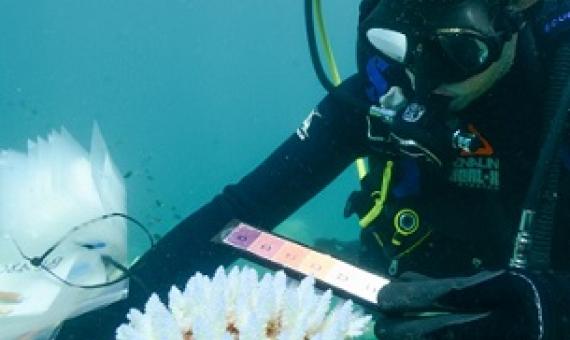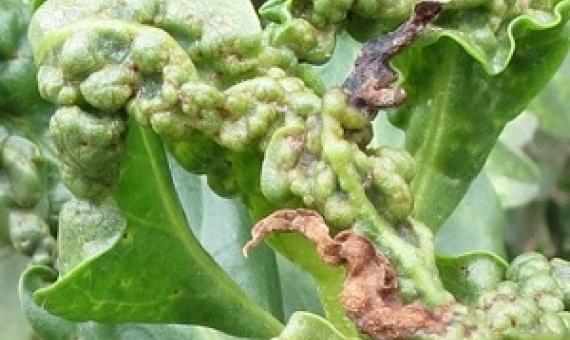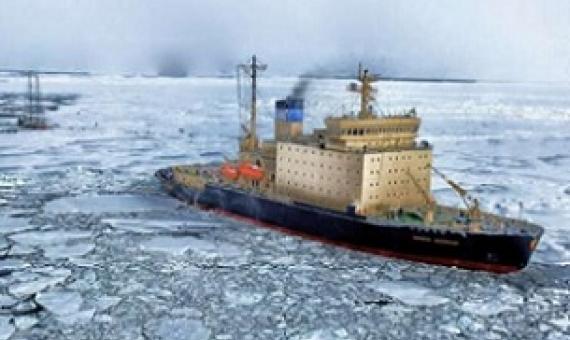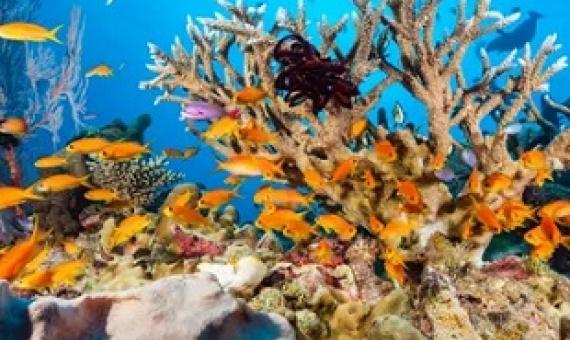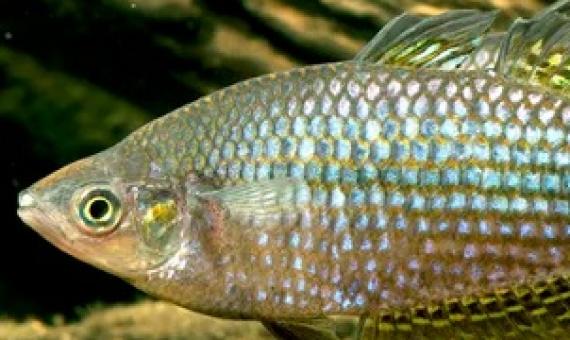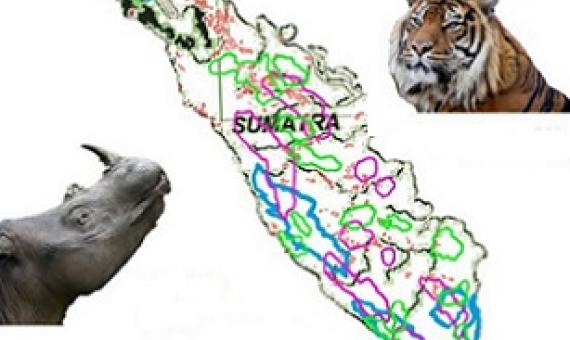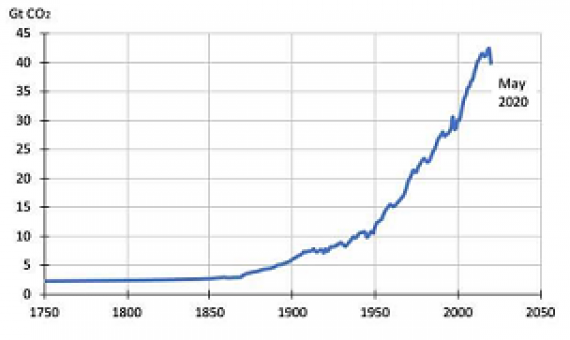Weather forecasts have become less accurate during the COVID-19 pandemic due to the reduction in commercial flights, according to new research.
New research has taken scientists closer to identifying corals that are less likely to bleach.
An increase of 20 to 30 percent of invasive alien species will lead to dramatic future biodiversity loss worldwide by 2050.
Planting huge numbers of trees to mitigate climate change is "not always the best strategy"—with some experimental sites in Scotland failing to increase carbon stocks, a new study has found.
Scientists at Stanford University have discovered a surprising shift in the Arctic Ocean.
A government-backed research program to make the Great Barrier Reef more resilient to global heating will spend $4.7m this financial year developing technologies that could shade corals and make clouds more reflective during marine heatwaves.
As the global climate shifts, it’s important to know which species have adaptations to survive. Our research published today in PNAS found it largely depends on where they evolved.
Airborne microplastics from traffic pollution may be entering the world's oceans at a similar rate to that from rivers, according to new research Tuesday warning that the particles may also speed up Arctic ice melt.
Global concern has risen around the "sustainability" of palm oil in terms of global exportation and the impact on the environment in recent years.
The first comprehensive study of the pandemic shows consumption losses amount to more than US$3.8 trillion, triggering full-time equivalent job losses of 147 million and the biggest-ever drop in greenhouse gas emissions.


